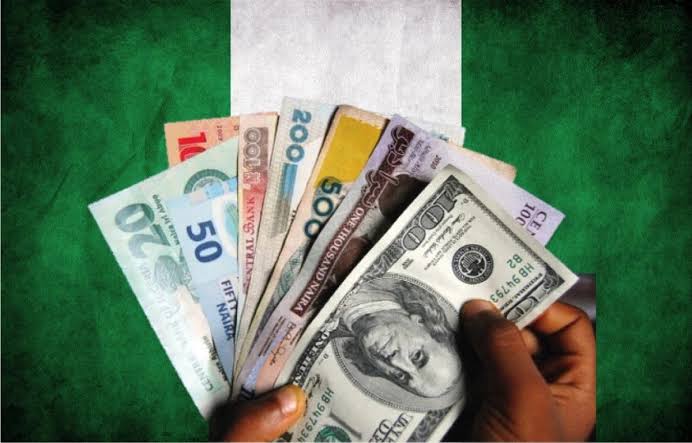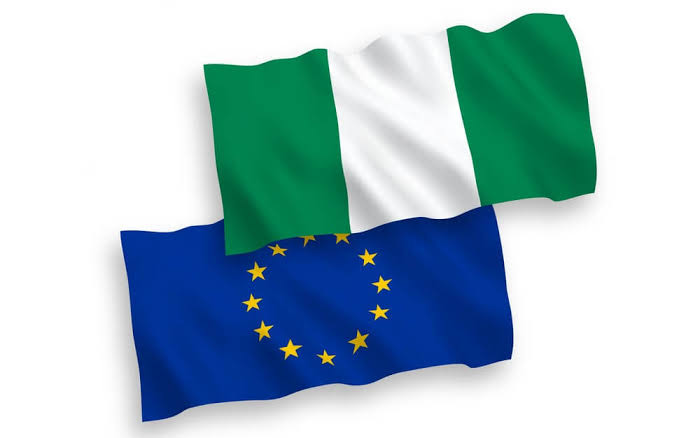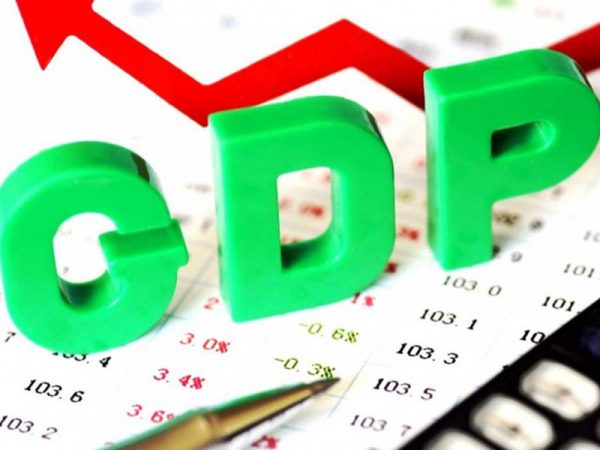The European Union (EU) economy includes 27 countries with a population of about 449 million people. The European Union is the third largest economy in the world, accounting for one-sixth of global trade. The European Union acts as a single market for 27 countries, allowing the free movement of goods, services, capital, and people.
The Nigerian economy is Africa’s largest economy with a gross domestic product of US$472 billion (2024) and has remained Africa’s largest economy for most of 2014. Nigeria’s GDP is larger than the GDP of 19 EU member states such as Denmark ($404 billion), Portugal ($287 billion), and Finland ($300 billion), to name a few. However, all economic indicators suggest that the Nigerian economy needs to continue to expand as GDP per capita is still relatively low given Nigeria’s population of 233 million. Nigeria’s large labour and consumer base provides great potential for GDP growth. Of Nigeria’s GDP of $472 billion, agriculture accounts for 21.07 percent, industry 20.89 percent and services 58.04 percent.

Nigeria’s total trade with the European Union was N45 billion in 2024. Total trade between Nigeria and the EU has been increasing year by year, reaching about €20 billion in 2016, €26 billion in 2017 and €34.4 billion in 2018. The European Union remains Nigeria’s largest trading partner, accounting for over 20 percent of Nigeria’s trade with the world.
Trade relations in particular are a key tool for promoting circular economy opportunities and supporting sustainable development in the Global South. Nigeria’s main exports to the EU are mineral products, food and beverages, pearls and precious metals, vegetable products, rawhides and furs, and horse tack. The EU and Nigeria have collaborated in key sectors of the Nigerian economy, including infrastructure, energy, and healthcare.

With this in mind, Nigerian companies can take advantage of opportunities in Europe and vice versa. Companies can explore possible partnerships with European companies, participate in import-export activities, and take advantage of attractive tax incentives and various regulations in EU member states. Moreover, as more and more European private and public funds target Africa, Nigerian companies can attract financing for bankable projects in Nigeria and across Africa thanks to their strong ties with Europe. Finally, companies operating in or with European connections can benefit from the developed infrastructure, financial institutions, and established legal and regulatory frameworks that the region offers. Not to be forgotten is the strong presence of Nigerians in the diaspora. Europe has one of the largest concentrations of Nigerian diaspora, and a growing network of leading entrepreneurs and professionals.
Recently, rising foreign exchange inflation and slowing economic growth in Nigeria have forced many domestic European companies to cease operations in Nigeria. This gap is increasingly being filled by companies owned by Nigerians in the diaspora. They see this situation as an opportunity for their companies to enter the Nigerian market without making large foreign exchange investments compared to before the economic crisis. European companies with diaspora interests are now increasingly interested in investing in Nigeria. This gives Nigerian companies the opportunity to collaborate with or provide services to these companies in a mutually beneficial way.










